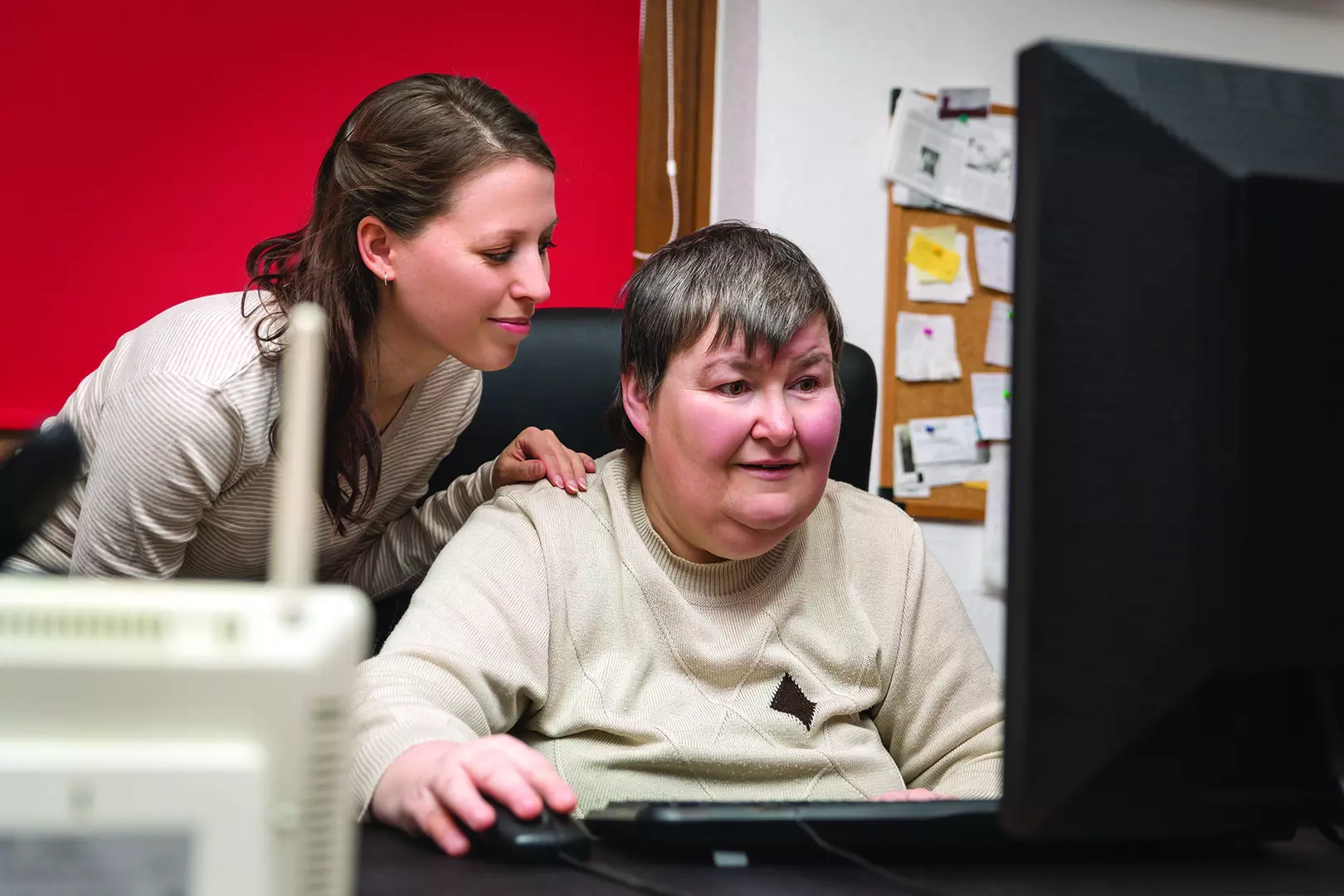Universal Credit

Where we are now:
As the world around us progresses, it makes sense that the various systems we use to support our daily lives, including the social security system, should progress too. As a result, it makes sense that Universal Credit would look to make greater use of things like technology than the system it is replacing: the legacy benefits system. However, these changes cannot happen in isolation. As systems change and technology improves, people must be supported to adapt to new ways of working.
When the proposed introduction of Universal Credit was first consulted on publicly, the most cited concern by the 1,600 individuals and organisations who responded to the consultation was what the implementation of the new system “might mean for people in vulnerable circumstances” who were less able than the average claimant to adapt to new ways of working.
In response to these concerns, the 2010 Universal Credit White Paper made clear that Universal Credit was looking to strike a balance between the demands of the new system and the support that would be available to help people adjust to new ways of working. For example, although Universal Credit would be ‘digital by default’, it would prioritise ‘help for those unable to use online channels’.
Despite this promise, ten years on from the publication of the 2010 Universal Credit White Paper, The Salvation Army continues to witness the adverse effects of Universal Credit’s inability to balance progress with the necessary support to help people adapt to new ways of working. Whether accessing a foodbank during the five week wait for a first payment of Universal Credit, or dropping off the system entirely because of a lack of access to a computer, the consequences for individuals and families of this imbalance can be severe.
Where we want to be:
Further to our work so far and in response to this unnecessary hardship, The Salvation Army is working with government and other partners across the political and charitable spectrums to ensure that everyone is able to successfully access and use Universal Credit for long as is required. To ensure that we strike the best possible balance between progress and the necessary support required to help people adapt to new ways of working, The Salvation Army is campaigning for:
- a national rethink on how the Department for Work and Pensions supports people suffering from mental and physical ill-health to move on to and sustain their claims for Universal Credit;
- a regional rethink from Jobcentres on how to consistently deliver support to people who require support to improve their digital literacy and budgeting skills;
- a local rethink on the pressures that Work Coaches face and the need for lower caseloads to allow staff to identify and properly support vulnerable claimants; and
- an individual rethink on how best to ensure that Claimant Commitments are tailored to people’s individual needs, including the possibility of accessing appropriate specialist support.
- ending the five week wait for a first payment of Universal Credit by changing advance payments into a one-off grant for all new claims.
Our Parliamentary work on Universal Credit
The Salvation Army has made an additional submission to the House of Lords Economic Affairs Committee Inquiry into the Economics of Universal Credit. It includes case studies from our churches and community centres and social work reflecting on how the social security system is operating in the current context and how support from organisations such as The Salvation Army make a vital difference to people and their families.
Read our submission to the inquiry.

Employability and debt advice programmes
Volunteer your time to support others, and to use and develop your skills in this area.

Employment and social security policy
We want to ensure that everyone has the opportunity to work.

Campaigns
How we are working with decision makers to change our society

Campaigning and policy
Working with decision makers to ensure the views of vulnerable people are heard.
